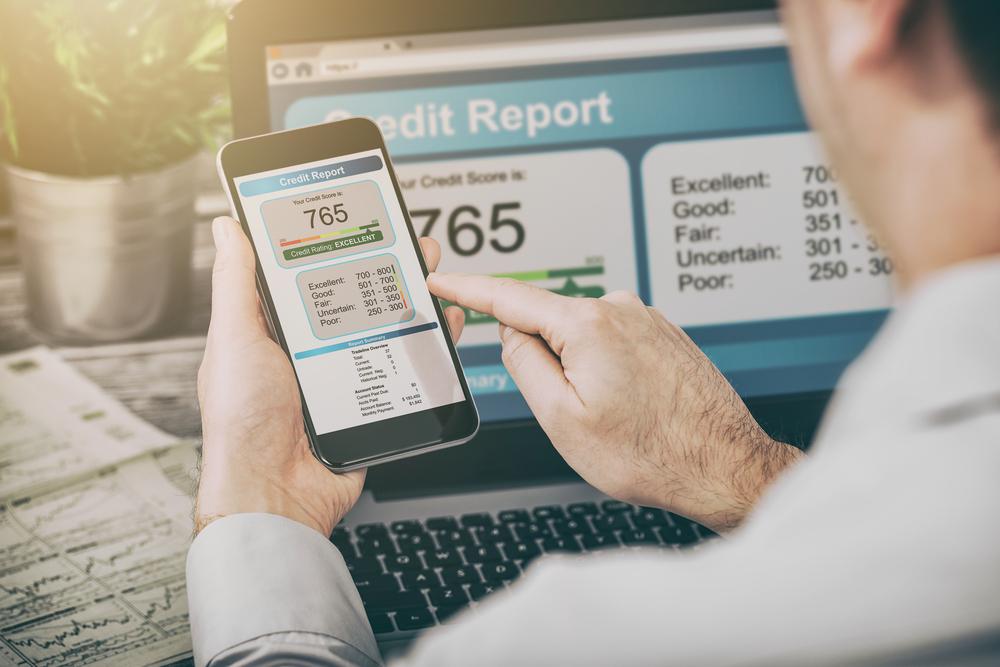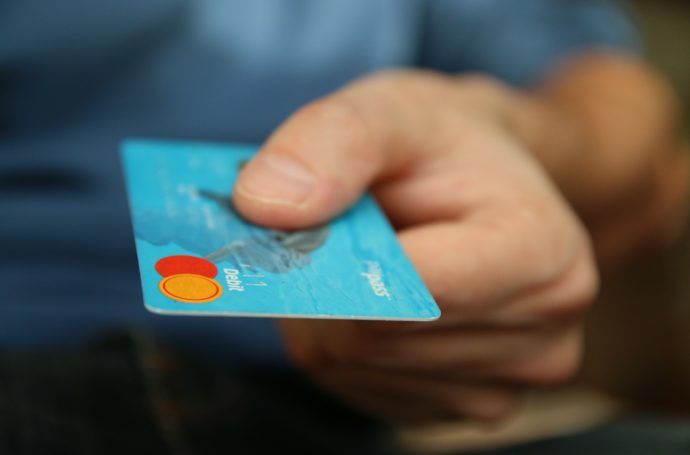So, you’ve decided to take the plunge and buy your first home. Congratulations! Owning a home can be a stressful experience, but it can also be an extremely fulfilling and satisfying one. When you’re a homeowner, your property is your oyster; you can fill it with as much decoration as you like, as well as carrying out renovations and DIY projects whenever you want to.
Taking out a mortgage is pretty much the most common way people buy homes. Most people don’t have the cash to pay for the property upfront, so they negotiate a long-term loan with a bank or building society in order to pay off the cost of the house (plus interest, usually) over time. It can be pretty daunting applying for your first mortgage, so we’ve gathered together a list of handy tips for you to consider when you’re about to apply.

One quick tip before we start: don’t be afraid to take out a second mortgage once you’re comfortably into your first one. Second mortgages can be great for DIY projects, renovations, family planning and many other aspects of life. Check out StepOneFinance’s second mortgage loans to get you started.
Pay off as much initially as you can
Of course, it’s very unlikely that you’ll have anywhere near the requisite amount of money to pay off the entire value of the property immediately – otherwise, why take out a mortgage? With that said, it’s definitely advantageous for you to pay off as much as you can outright. The reason is twofold. First off, you’ll obviously have less to pay on the mortgage over time if you pay more initially, or you’ll be able to negotiate a shorter term. Secondly, many mortgage providers offer lower interest rates to those who are able to put down larger deposits; if you’re able to provide around 40% of the property’s overall value, then you can look forward to lower interest rates in the future.
Thoroughly research the property
The last thing you want as you move into your new property is to discover something ugly or unwanted about it that you didn’t know when you moved in. Estate agents are just doing a job, but it’s in their best interests to cover up or circumvent potentially problematic aspects of the property in order to secure a sale. Make sure that you visit the property as many times as possible before you buy; in addition, see if you can find anything out on the Internet in terms of the area in which the property is located. There’s nothing worse than moving in to what looks like your dream home, only to find out that it’s a crime hotspot or there’s a local source of unbearable noise day in, day out.
Find out your credit score

If you want to get a seriously good mortgage deal for yourself, you’ll need a good credit rating. Failing to pay back loans, accruing big credit card balances and holding multiple credit accounts at once can all negatively impact your credit score, which in turn can be a big blow to your ability to get a mortgage. A low credit score isn’t necessarily a complete barrier to getting a mortgage, but the better deals require a higher score. You can use services like Experian and Noddle to check your credit score, which you should do prior to beginning any mortgage proceedings; coming armed with that sort of knowledge can save you a lot of time and hassle further down the line.
Self-employed? Have documents to hand
Most mortgage providers will require your latest payslip to prove your income, and in some cases they’ll want to see a bank statement to prove the income is regular. That’s if you’re in regular employment. If you’re self-employed, getting a mortgage can become a real headache. Self-employment is a difficult prospect for lenders, because it can be hard to understand how being one’s own boss translates into a regular, dependable income. You’ll need to collect proof of your earnings over the last 2-3 years to show to your lender, whether this is via an official HMRC form or your own meticulously kept records. If you don’t keep records, you should absolutely start doing so if you want a mortgage.
Settle as many debts as possible

Mortgage lenders don’t like outstanding debts, as they look like a good indicator of your inability to pay a mortgage. One top tip offered by Your Mortgage Solutions, based in Rugeley; Examine your income and expenditure closely and see where you can pay off debts you’ve accrued. Outstanding credit card debts, unsecured loans and unused accounts can all contribute towards mortgage lenders passing you over, so get your affairs in order before applying.
These are just a few tips to get you started on the road to your first mortgage. Owning a home is an arduous process; there’s paperwork to be filled out and a thorough assessment of your finances to go through. Once that’s done, though, it’s an unmatched adventure.


